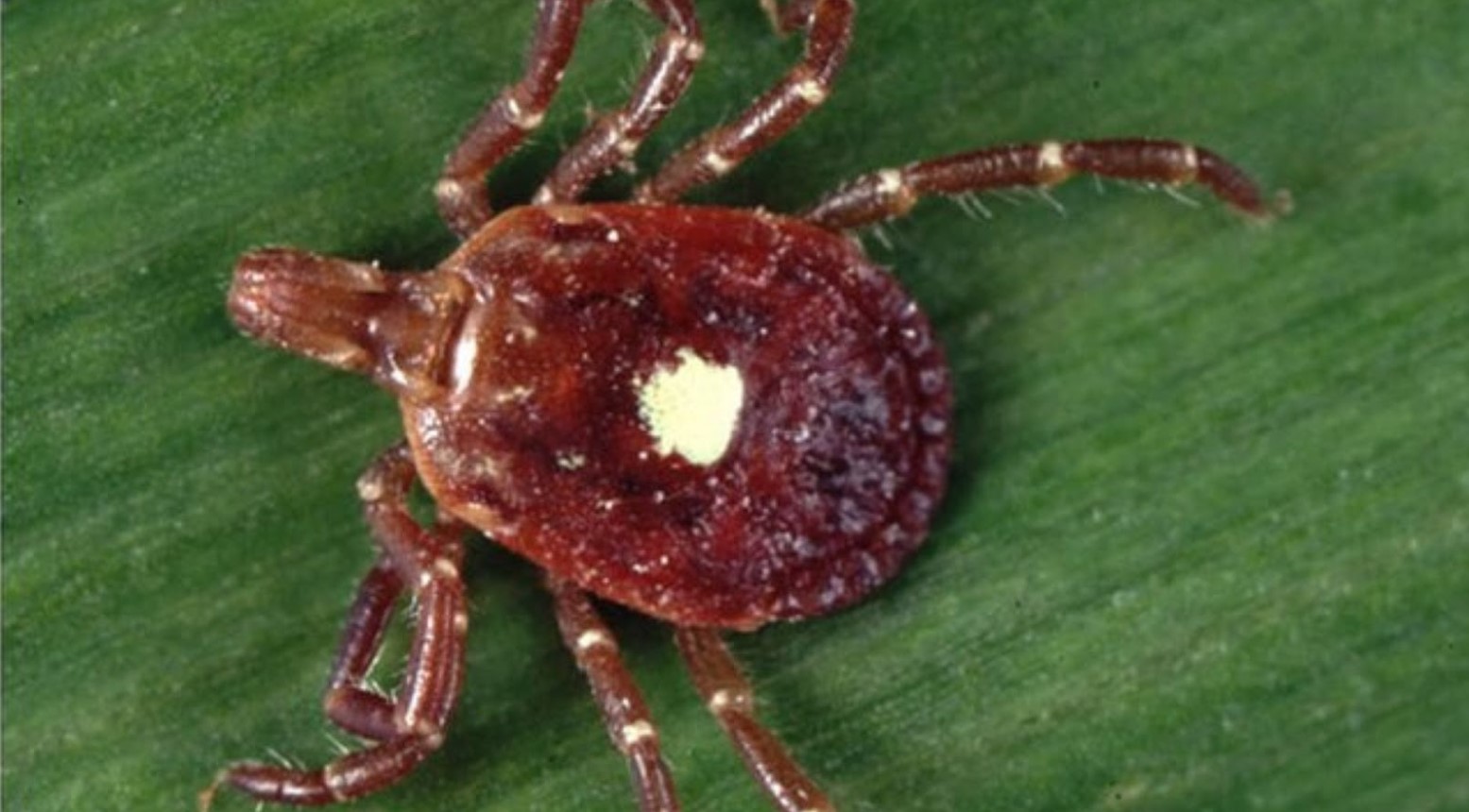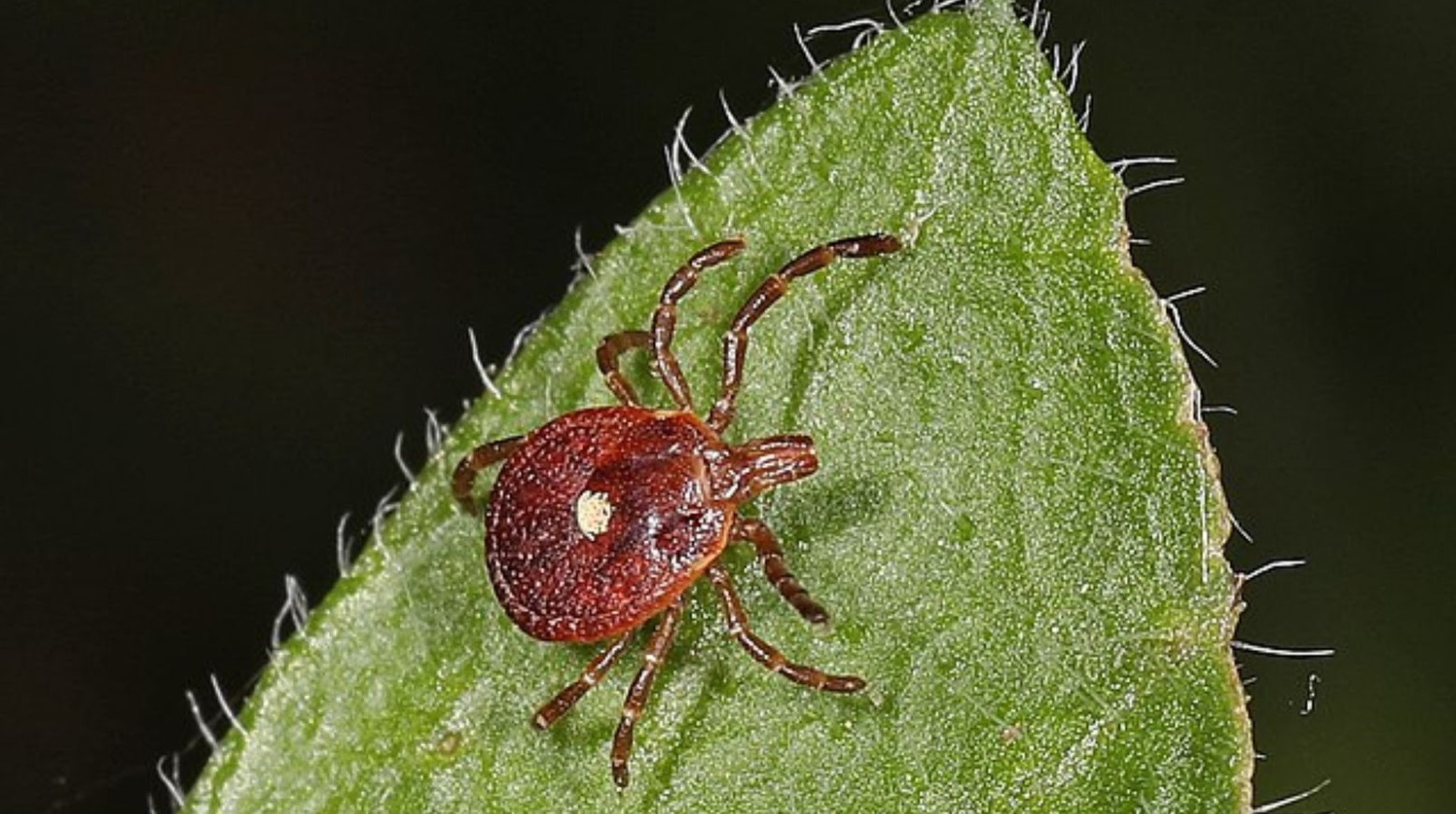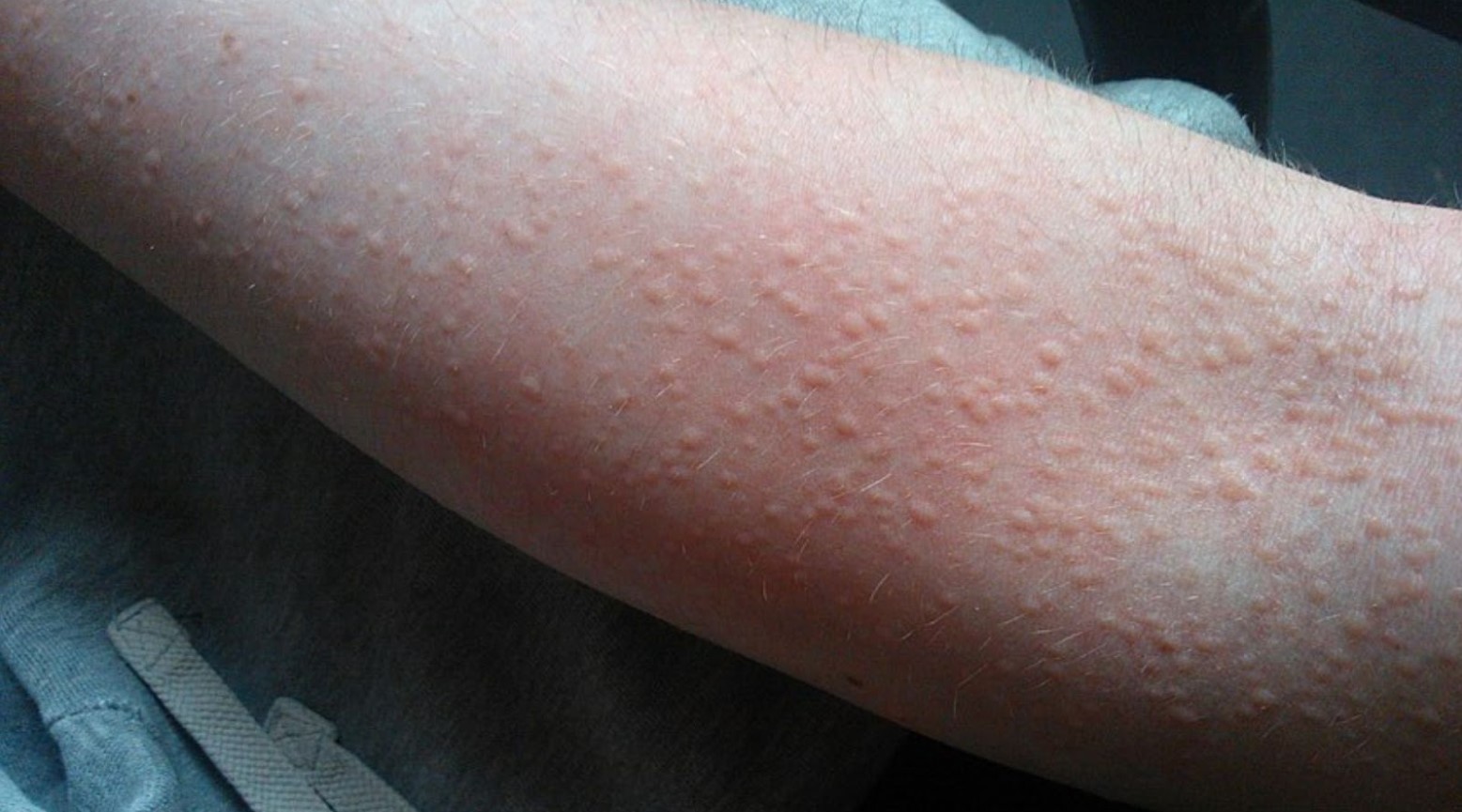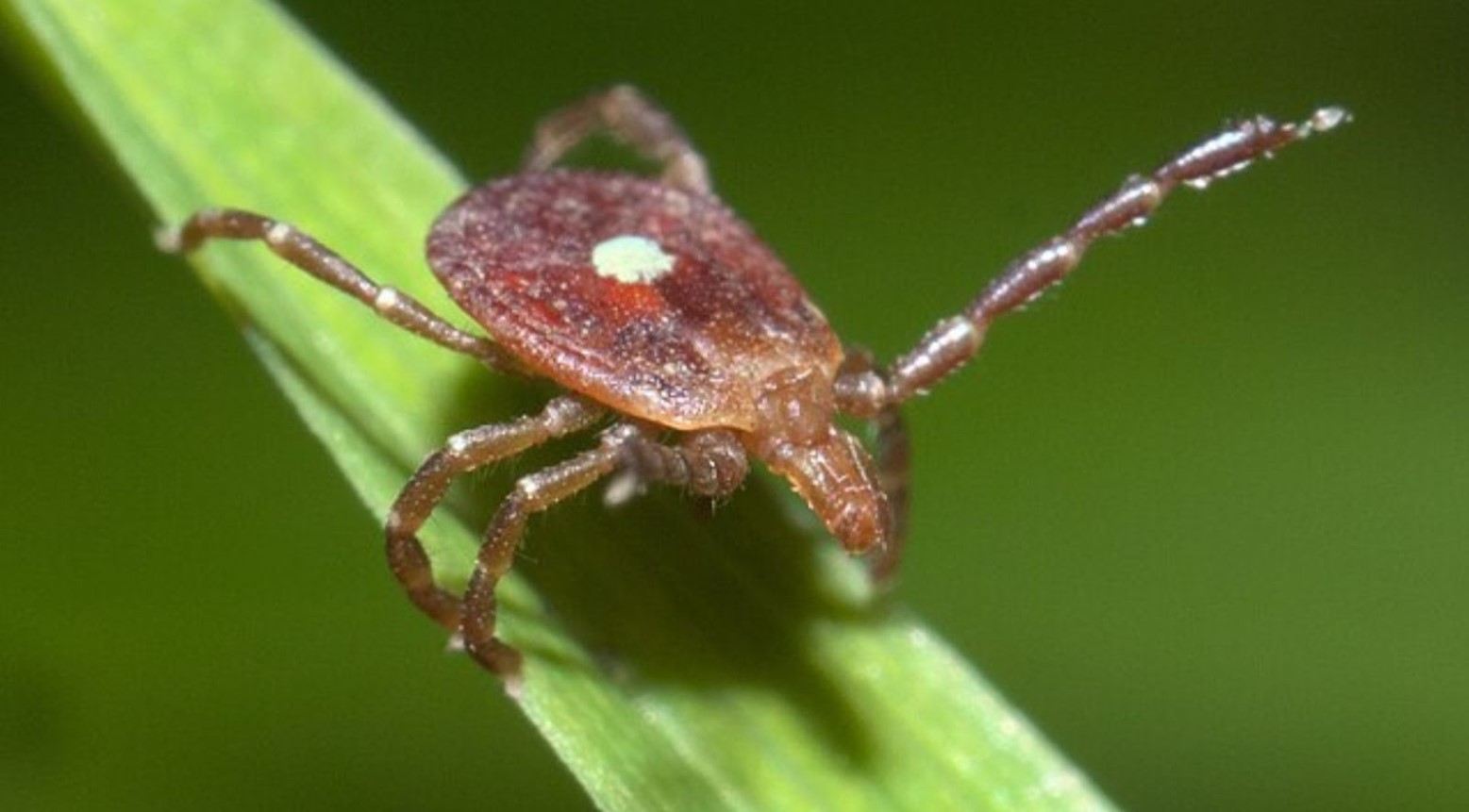Allergies can be a serious thing, but at the very least, they prevent you from being able to eat the things you might have once loved to eat. But what is causing this to happen in increasing numbers across the U.S. and Canada is a tick.
This tick used to be found only in certain parts of the U.S., but climate change is causing it to migrate across various states. If left untreated, it can cause far more serious issues than just being allergic to meat.
Meat Allergies Are Rising

It is believed that around 450,000 Americans currently have a meat allergy caused by being bitten by a tick. 110,000 cases have been detected since 2010 and between 2017 and 2021, the number of cases has increased to 15,000 per year.
The worrying thing is that out of 1,500 doctors and health workers, 42% had never heard of the syndrome it causes, and one-third weren’t confident in their ability to identify the disease. Only 5% were confident in this.
Alpha-Gal Syndrome

Alpha-gal syndrome is a type of food allergy that makes you allergic to red meat and other products that have been made from animals. In the U.S., this condition is usually started by a tick bite.
A tick bite transfers a sugar molecule (alpha-gal) into the body. This can trigger an immune system reaction, resulting in mild to severe allergic reactions to meat, dairy products or gelatins.
Humans Digest Alpha-Gal

Alpha-gal doesn’t just come from a tick bite, as humans can digest it. It is digested whenever anyone consumes meat.
The only difference between consuming alpha-gal from meat and being bitten by a tick is that if the alpha-gal is digested, nothing harmful should happen. However, when the alpha-gal gets into the bloodstream, which occurs when being bitten by a tick, it causes a strong reaction.
Alpha-Gal Syndrome Discovered by Accident

Alpha-gal syndrome is relatively new and was discovered by accident in 2008. This is despite the fact that meat allergies caused by tick bites have likely been going on for decades, if not centuries.
The syndrome was eventually discovered in 2008 when U.S. researchers discovered unexpected results when they were testing a drug that is used to treat cancer.
Deer Carry the Tick

It is believed that deer are the most likely carriers of this tick, and as they move across states, the tick moves with them. But the condition isn’t just found in the U.S. and Canada — it can be found all over the world.
Many people can have alpha-gal syndrome and not know it, whereas others can go into severe anaphylactic shock. There’s no treatment for this, so the only solution is avoiding red meat, dairy and gelatin.
Started With a Hive Outbreak

One of the first instances of noticing this tick was by Dean Cecil. He had been experiencing a hives outbreak and had no idea where it came from or what was causing it.
Cecil went to the doctor, who said he had developed an allergy when eating beef or a hamburger. The doctor then said that the likely cause of this allergy was a tick bite.
What the Tick Looks Like

When the tick was noticed, Cecil pulled it off him. The tick was light brown and had a white dot on its back. The lone star tick, whose most distinctive feature is the starlike white splotch, is only found on adult female ticks.
It is important to know what these ticks look like because if a tick gets on your body, regardless of how it got there, you need to get it off you as soon as possible before you become infected.
Developing an Allergy Is Rare

While it might be worrying that ticks can cause meat allergies, developing one of these allergies from a tick bite is rare and, in most cases, is nothing to worry about.
It does tend to transmit other types of disease-causing bacteria to humans, though, which is another reason to remove any ticks immediately.
Symptoms of Alpha-Gal Syndrome

Alpha-gal syndrome has various symptoms. Some people will have just one or two symptoms, whereas others will experience most, if not all, of them.
You might get symptoms of hives, nausea, vomiting, diarrhea, severe stomach pain, difficulty breathing, dizziness and swelling of the lips, throat, tongue or eyelids.
Cases of Alpha-Gal Syndrome in Canada

Even though cases of alpha-gal syndrome have mostly been located in the U.S., there have been other confirmed cases across Canada. While not everywhere has a confirmed case, certain areas have.
Most of these cases have been in Ontario. Other areas with smaller cases include Quebec, Nova Scotia, Manitoba, Saskatchewan and Alberta.
Lone Star Ticks Don’t Carry Lyme Disease

One of the worries many people have is that if they’re bitten by a tick, they’ll get Lyme disease. This is something that causes mild flu-like symptoms, but some symptoms can be more serious, such as paralysis, muscle aches and neurological and heart disorders if left untreated.
However, Lone Star ticks do not carry Lyme disease, so there shouldn’t be anything to worry about. But that doesn’t mean that you can be relaxed if you spot a tick on you, as you must carry out all precautions to prevent other diseases.
